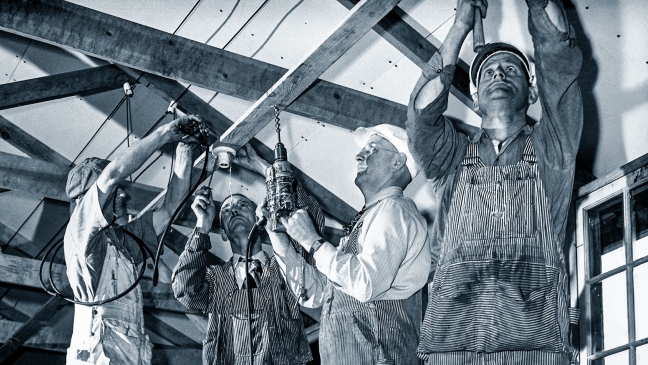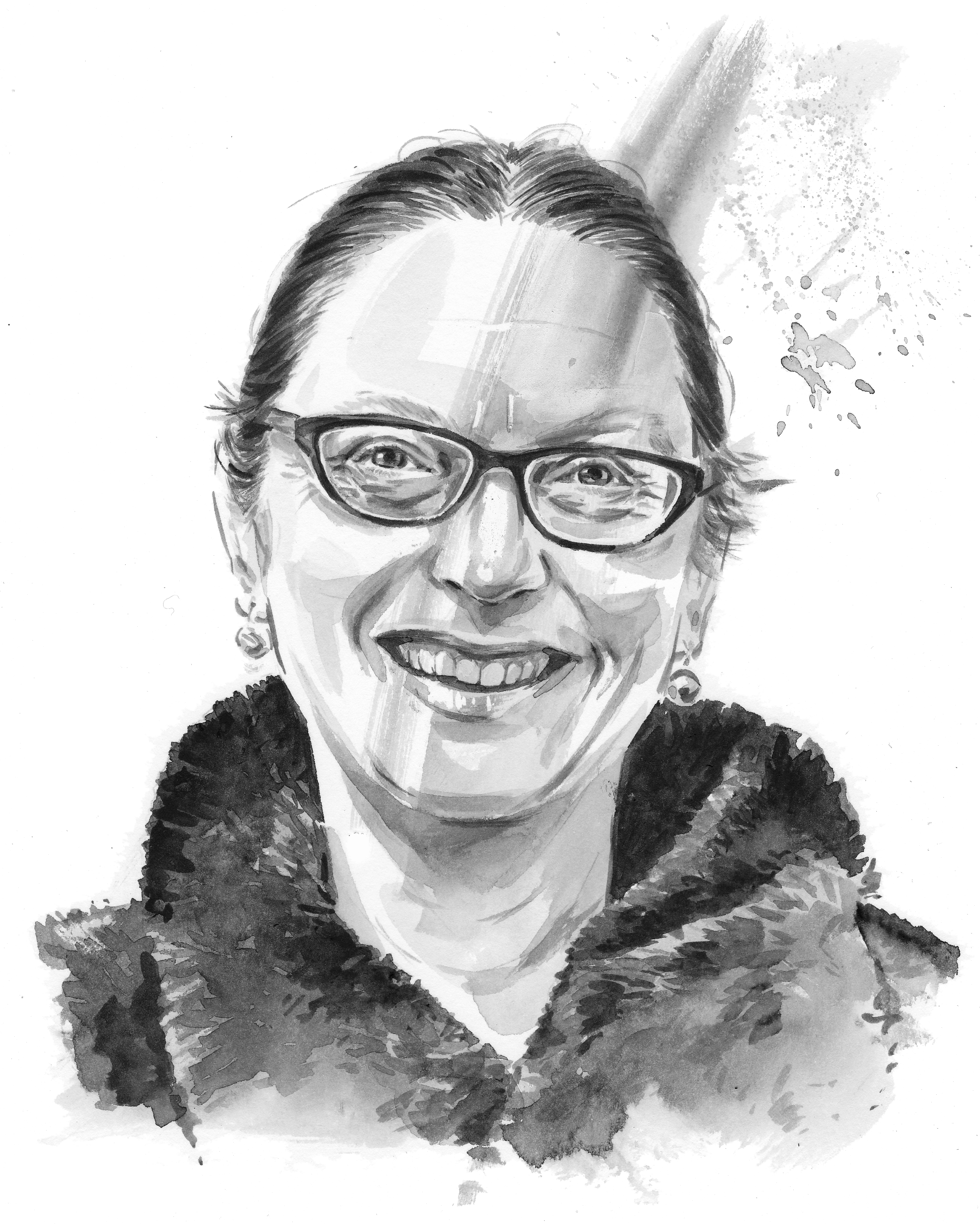Why school improvement should be school-led

As a former director of education, I believe there is a fundamentally important and legitimate role for local government in education, but it is not synonymous with being a provider.
Instead, there may be merit in thinking about the role of local authorities as protector, convenor and supporter.
Protector: local government will always exercise a protective function in relation to the most vulnerable children and young people. It has statutory duties in relation to safeguarding and children’s social care. It must enact its duties as a corporate parent. It will undoubtedly continue to have duties with regard to children and young people with special educational needs and disabilities. It must have a role in elective home education, children missing education, unaccompanied children and supporting refugees.
Convenor: local government has a very important convening function in relation to strategic objectives and the shaping of “place” so local areas are good places for children to grow up. It is important that local government has a convening role in the creation of social value and the promotion of public values. It has a sufficiency duty, as only the local authority will hold all the information required to calculate how many school places are needed.
Supporter: local government has significant strategic capability and capacity. As such, it is important that it is able to work with education providers to help to overcome barriers and promote education as a social good. An example here would be the role of local government in supporting (and, as a last resort, enforcing) school attendance. Another example would be supporting the supply of teachers, particularly in areas where this is a local system-level problem.
But is there a role for local authorities as improvers of schools? Perhaps controversially, I think not.
- School improvement: It’s all about relationships
- Raising standards: Why less is more for school improvement
- Leadership: How to turn around an ailing department
The collective mindset about school improvement has shifted away from putting faith in “experts” outside of schools, largely in school improvement services, to a strong belief that school improvement expertise lies within schools - and, indeed, within groups of schools working together in trusts. This means that the responsibility for school improvement is firmly located within the trust - the legal entity. It is not the responsibility of some other person or authority.
Over the past two decades, a plethora of school improvement initiatives have mistakenly located improvement outside of schools. This is a policy error.
Leaving school improvement to academy trusts
In a relatively recent report on “stuck schools”, Ofsted found no systematic differences in the level or type of school improvement support that stuck and unstuck schools have been given. All have been involved in some form of government-funded support programme, most commonly receiving advice from those outside of schools or school improvement initiatives. Ofsted says that these programmes and initiatives did not succeed in getting these stuck schools to “good”, and were not perceived to have been transformative in those schools that made the journey to “good” either.
Most schools in the Ofsted sample stated that they had received too much school improvement advice from too many different quarters of the school system. The advice rarely had the intended impact. Leaders perceived that the quality of the advice itself was often lacking.
Advice and support were perceived to have a greater impact when they were built into the school or Trust’s strategy and delivered internally. Of course, this is not always possible, due to a lack of capacity. When it was possible, the internal support structures that facilitated this were considered transformational.
Ofsted concludes that these schools, typically in trusts, also had stronger systems of accountability and oversight, which were a weakness among the other schools Ofsted visited.
So it is my contention that we need to make it explicit that responsibility and accountability for improvement sits with the trust - not somewhere else.
Although the structure of the trust is not a panacea, it is the legal vehicle that enables schools to work together in a group in a single legal entity. The trust, therefore, creates the capacity for school improvement. As the legal entity, the trust can also create the conditions and the culture of improvement.
At the Confederation of School Trusts, we believe that there is huge potential for the trust as a knowledge-building structure. We have started to codify what it means to do school improvement at scale across a group of schools. We offer a view of school improvement as deliberate and intentional knowledge building. We make four propositions:
1. The goal is for every teacher in every classroom to be as good as they can be in what they teach (the curriculum) and how they teach (pedagogy).
2. For this to happen, we need to mobilise, for every teacher, the best evidence from research.
3. There is no improvement for pupils without improvement in teaching, and no improvement in teaching without the best professional development for teachers.
4. Strong structures (in groups of schools) can facilitate better professional development through creating the conditions and culture of improvement, and thus better teaching and improvement for pupils.
This is not to dismiss the procedural processes of building capacity, undertaking a forensic analysis of need, supporting and deploying leadership, providing access to effective practice and monitoring improvements in the quality of provision. Indeed, these are essential. But without the intentional practice of knowledge building, improvement is not likely to be sustainable. And may not result in an enduring change in practice.
And where does the capacity come from to do system improvement - to help all trusts in England to keep improving so that we become the best system at getting better?
My belief is that this comes from within the sector itself. It cannot be procured or provided through some new large-scale government-led school improvement initiative. We must be clear that improvement is not the responsibility of regional directors or Ofsted or local authorities or any other agency or authority.
• School and trust leaders improve schools.
• Ofsted inspects schools.
• Regulators intervene where the quality of education is not good enough.
And as I’ve argued, local authorities are protectors, convenors and supporters of schools. Let’s hold these roles separately but in balance. Let’s bring perfect clarity on this issue as we build a coherent school system in England with the capacity to keep getting better.
The challenge for the sector now is to deliver on a larger, systemic scale and for the system to begin to hold itself to account. The perspective of trust leaders needs to be outward-looking and purposeful. This is system leadership - the ability of trusts to act on, not just in, the system. We already see this in many examples of sector-led improvement and professional generosity like Dixons Opensource or SW100.
Here is a new opportunity to lead. Let’s make sure we grasp it.
Leora Cruddas is chief executive of the Confederation of School Trusts
You need a Tes subscription to read this article
Subscribe now to read this article and get other subscriber-only content:
- Unlimited access to all Tes magazine content
- Exclusive subscriber-only stories
- Award-winning email newsletters
Already a subscriber? Log in
You need a subscription to read this article
Subscribe now to read this article and get other subscriber-only content, including:
- Unlimited access to all Tes magazine content
- Exclusive subscriber-only stories
- Award-winning email newsletters
topics in this article




